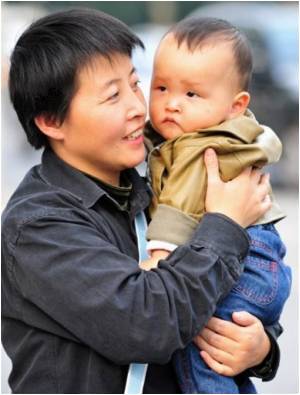Effect of early child care could show up in teens, it has been shown.

They looked at children born in 10 cities across the United States from the children's birth in 1991 until they turned 15, measuring quality, hours, and type of care during the early years; collecting results of standardized tests of achievement; and obtaining reports from teens, their families, and their schools. The children were from diverse backgrounds, including middle-class as well as low-income homes and two-parent as well as single-parent families.
The study found that the effects of early child care at age 15, while small, are comparable in size to those previously observed in early childhood and elementary school. Specifically, teens who attended programs with higher-quality care during early childhood scored higher on tests of cognitive and academic achievement than teens who attended programs with lower-quality care. Furthermore, teens who spent more hours in early child care during the first four-and-a-half years of their lives reported more risk-taking and greater impulsivity than teens who spent fewer hours in care.
The researchers also found that teens who participated in higher-quality child care programs had fewer behavior problems -- including rule-breaking, arguing, and hanging out with peers who get in trouble -- than teens who had attended poor-quality child care.
"This evidence of long-term effects of early child care quality is noteworthy because it occurred in a large economically and geographically diverse group of children who took part in routine nonrelative child care in their communities," notes Deborah Lowe Vandell, professor and chair of education at the University of California, Irvine, who is the lead author of the report.
"These findings suggest that the quality of early child care experiences can have long-lasting, albeit small, effects on middle-class and affluent children, as well as those who are economically disadvantaged."
Advertisement
Source-Medindia
GPL







